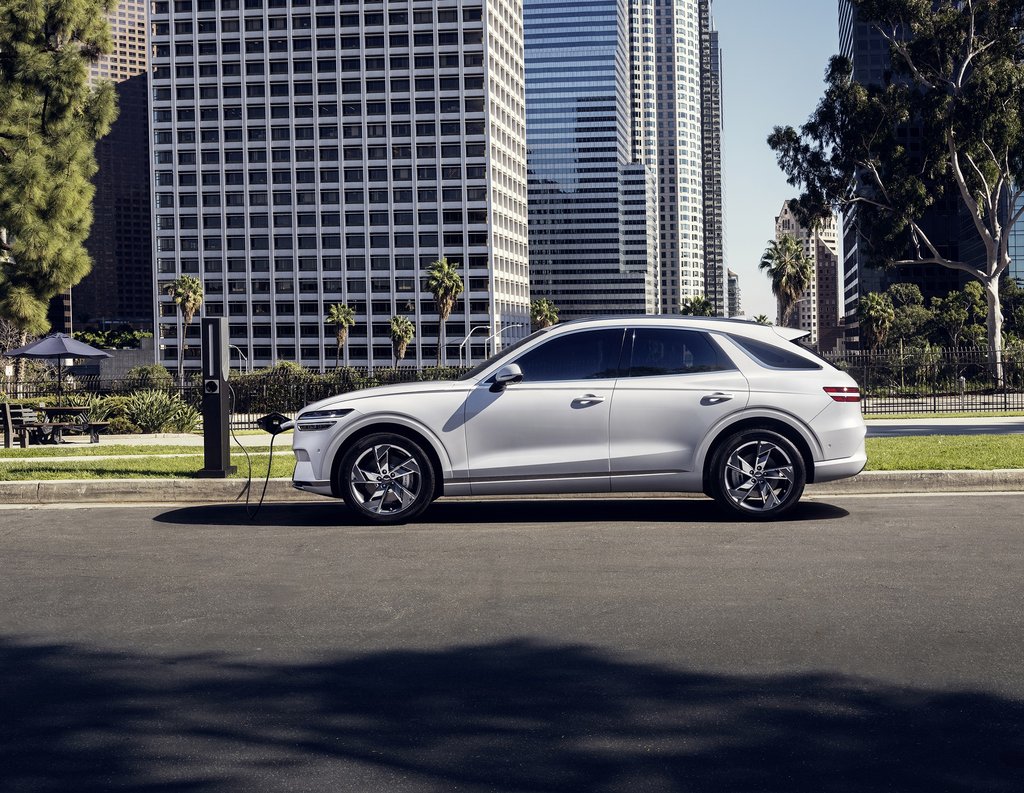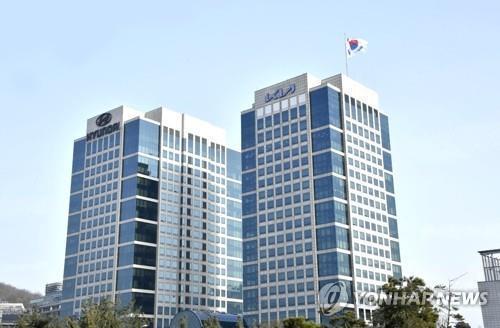- California Assembly OKs highest minimum wage in nation
- S. Korea unveils first graphic cigarette warnings
- US joins with South Korea, Japan in bid to deter North Korea
- LPGA golfer Chun In-gee finally back in action
- S. Korea won’t be top seed in final World Cup qualification round
- US men’s soccer misses 2nd straight Olympics
- US back on track in qualifying with 4-0 win over Guatemala
- High-intensity workout injuries spawn cottage industry
- CDC expands range of Zika mosquitoes into parts of Northeast
- Who knew? ‘The Walking Dead’ is helping families connect
Hyundai Motor Q1 net rises 17 pct despite chip shortage
Hyundai Motor Co. said Monday its first-quarter net profit rose 17 percent from a year earlier as an improved product mix and a weak won helped offset the impact of chip shortages.
Net profit for the three months ended in March rose to 1.78 trillion won (US$1.42 billion) from 1.52 trillion won a year earlier, the company said in a statement.
“A combination of increased sales of high-end Genesis and SUV models, friendly exchange rates and low inventory levels helped offset the impact of global chip shortage and higher raw materials prices,” the statement said.


This file photo provided by Genesis shows the electrified GV70 SUV. (PHOTO NOT FOR SALE) (Yonhap)
Hyundai expects parts supply shortages fueled by the lockdown in Shanghai and high raw materials costs driven by the Russia-Ukraine war will remain major woes for carmakers in the second quarter.
The weakening won could push up the prices of imported raw materials further. The dollar rose to 1,204.95 won in the first quarter from 1,114.05 a year ago.
“The company will make efforts to achieve this year’s business guidance by taking a variety of measures, despite those global market uncertainties,” Seo Gang-hyun, executive vice president in charge of Hyundai’s finance and accounting division, said in the company’s earnings conference call.
In 2022, Hyundai aims to sell 4.32 million vehicles, 10 percent higher than its sales of 3.89 million units a year ago.
The maker of the Sonata sedan and the Palisade SUV plans to focus on expanding sales of Hyundai’s independent Genesis brand and Hyundai SUV models in the United States and environment-friendly cars in Europe.
In the U.S., the world’s most important automobile market, Hyundai plans to gradually launch three fully electric Genesis models — the GV60 SUV, the G80 sedan and the GV70 SUV — this year. It sells the G70, G80, G90 sedans and GV70 and GV80 SUV models under the independent Genesis brand.
Record-low inventory levels and planned global launches of vehicles built on Hyundai Motor Group’s EV-only electric-global modular platform (E-GMP) will help prop up the bottom line from the third quarter, analysts said.
E-GMP models include the IONIQ 5 launched last year and the IONIQ 6 sedan and IONIQ 7 SUV set to be released this year and in 2024, respectively.
But rising prices of lithium, nickel, and cobalt, key materials needed to make car batteries, will push up the manufacturing costs of electric vehicles.
Hyundai said it will purchase more car batteries in advance, through partnerships with battery manufacturers, to minimize the impact of growing price volatility on the bottom line.
Hyundai plans to spend 9.2 trillion won this year mainly on facility investments and research and development activities.
Operating profit climbed 16 percent to 1.93 trillion won in the first quarter from 1.66 trillion won a year ago. Sales were up 11 percent to 30.3 trillion won from 27.4 trillion won.
On Monday, Hyundai shares ended 1.11 percent higher at 182,000 won, outperforming the broader KOSPI’s 1.76 percent loss.











